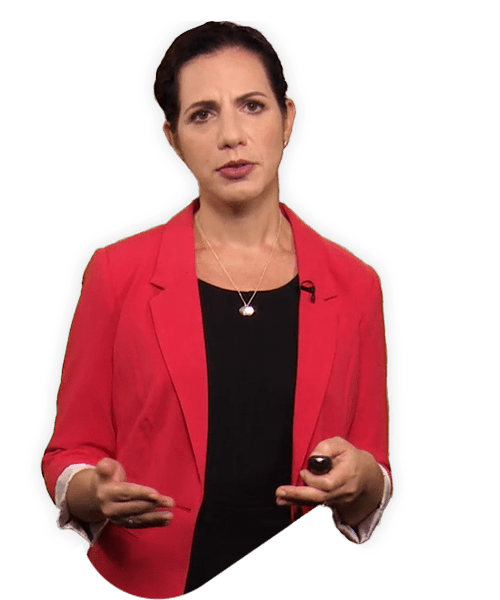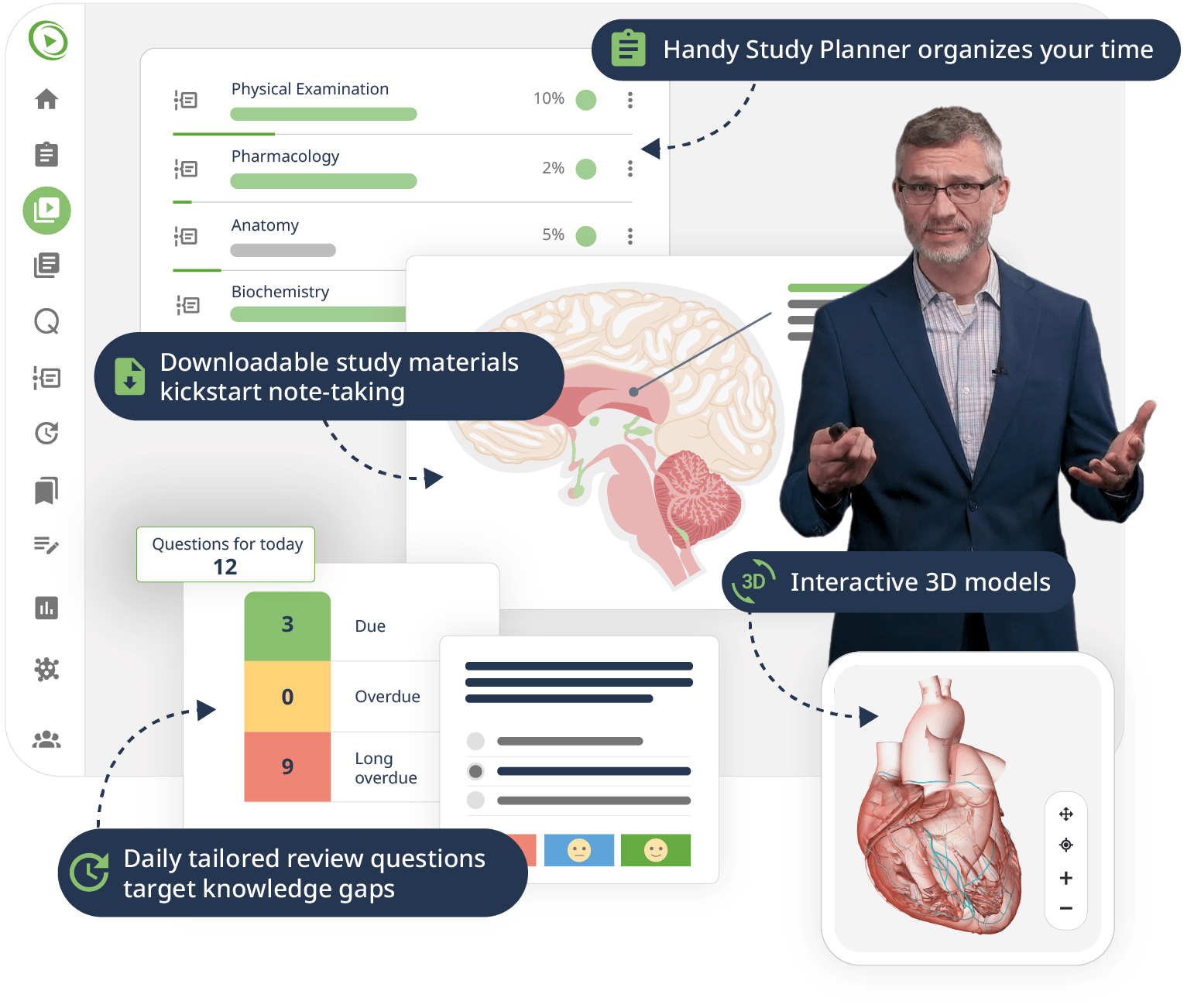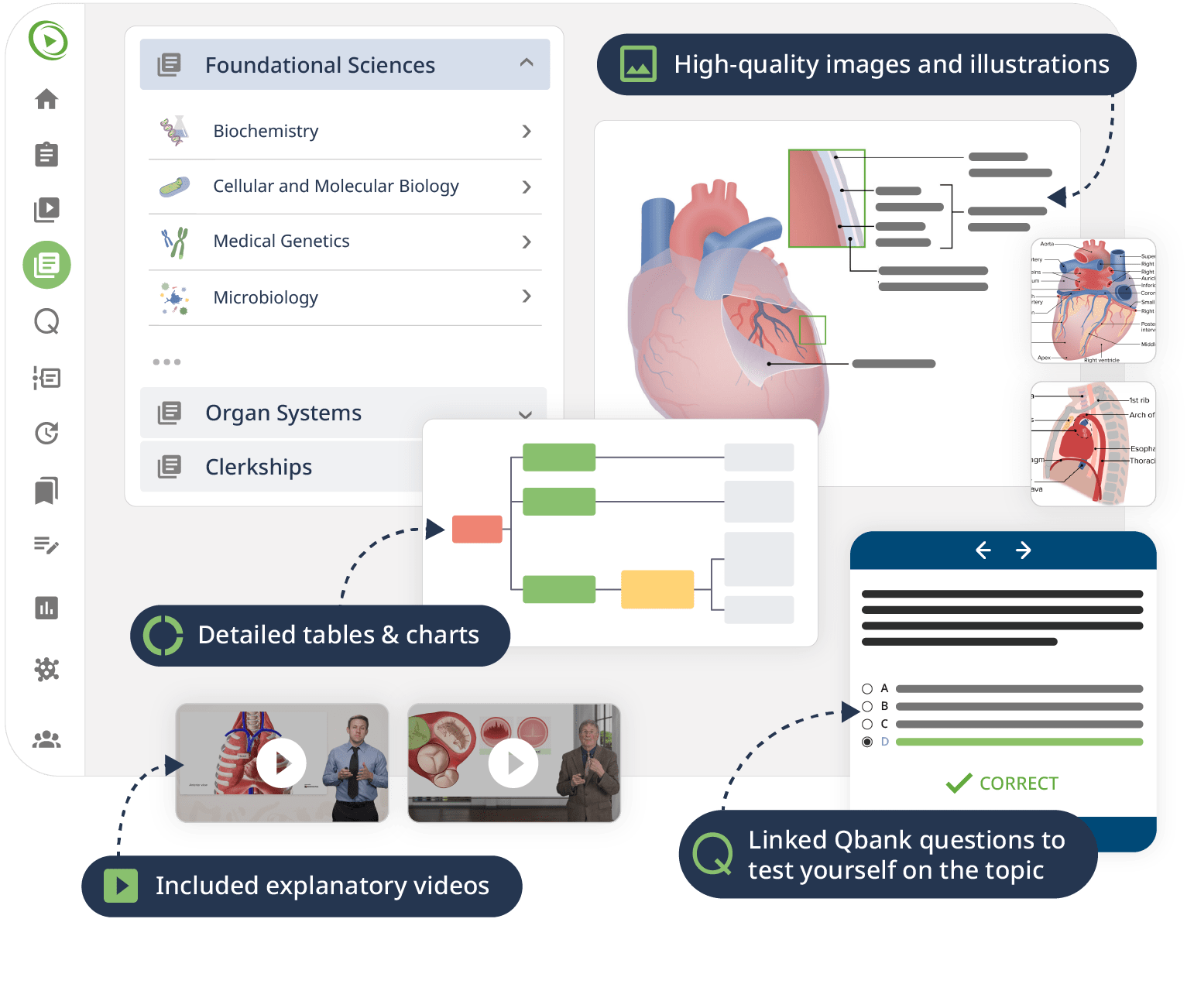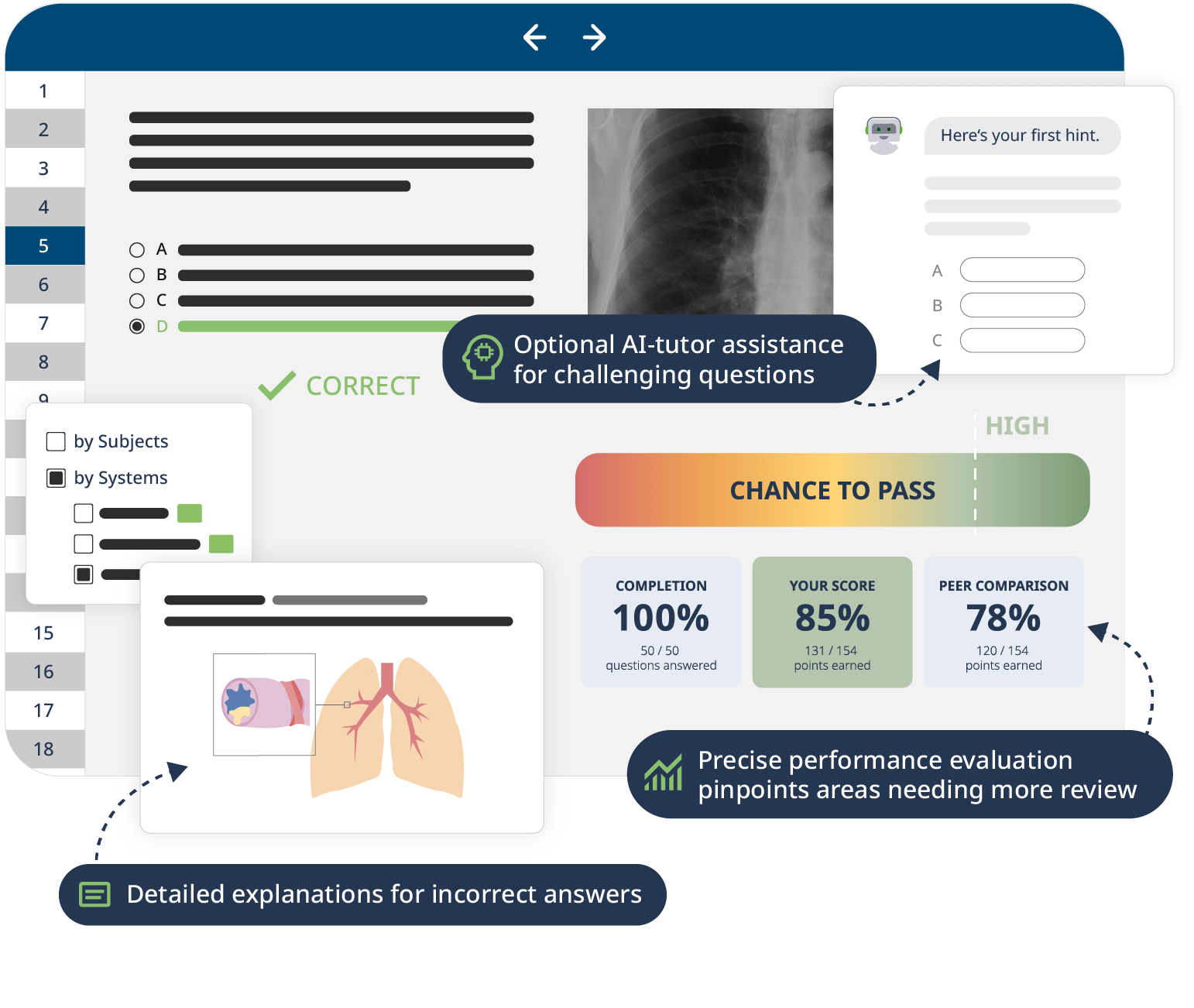Start your online emergency medicine course
with Julianna Jung, MD and Sharon Bord, MD from Johns Hopkins University
Emergency medicine is where lives are saved – the cohorts encountered in the ER in a single night shift can include emergencies from many different specialies affecting every body system. This variety combined with the high-stakes, fast-paced environment, makes emergency medicine a challenging and sometimes intimidating field to approach.
This course provides an in-depth exploration of the most important emergencies that can occur, from cardiovascular emergencies like myocardial infarction, shock, fractures, and trauma, to neurologic and environmental emergencies. You will learn from Julianna Jung, MD, FACEP and Sharon Bord, MD, who both are experienced emergency medicine physicians and seasoned educators from John Hopkins University. They will use clinical example cases to give clear guidance on the steps needed to stabilize critical patients and manage emergency conditions.
The combination of Video Lessons with interactive quiz questions, downloadable study materials, and a USMLE-style Qbank makes it easy to understand and retain the topics. By the end of this course, you will be well-prepared to judge situations quickly in the ER and be more confident in your ability to manage a wide variety of emergencies.


















